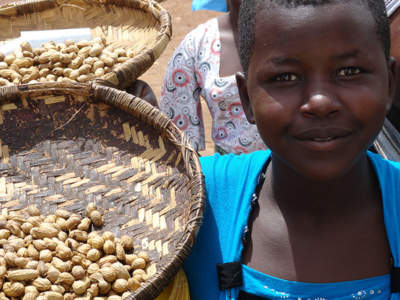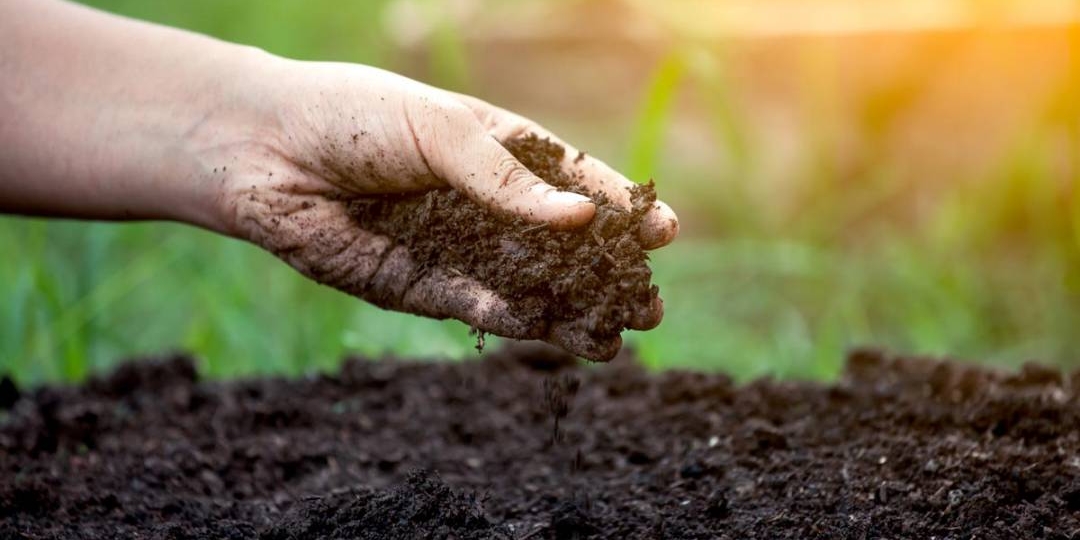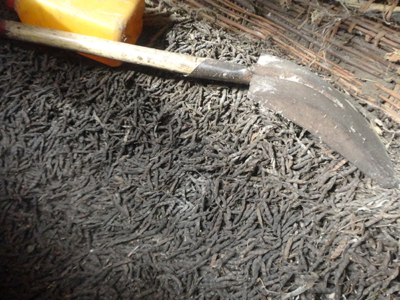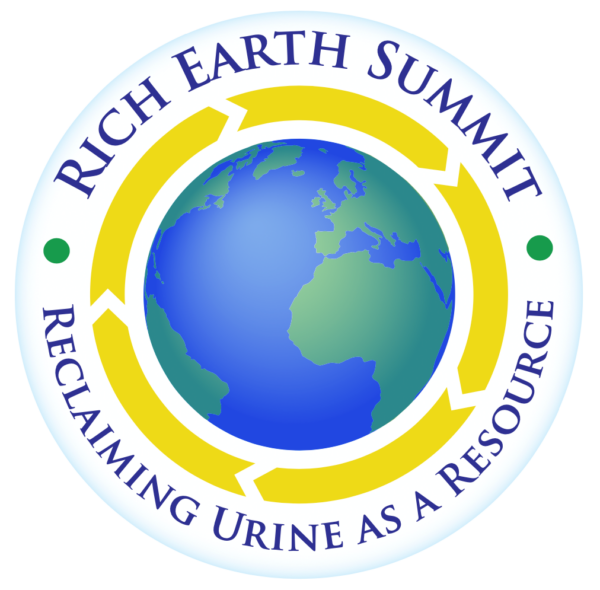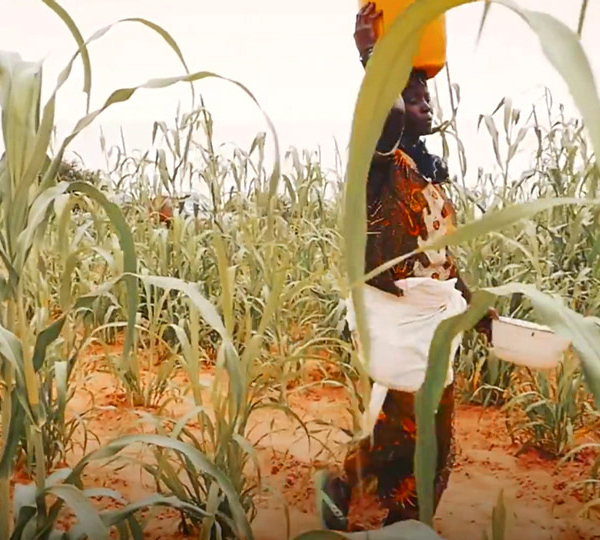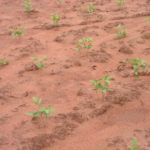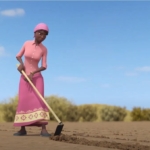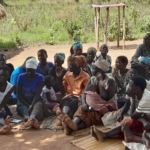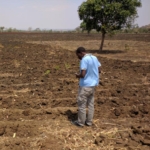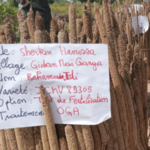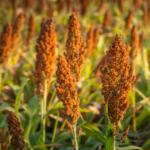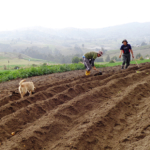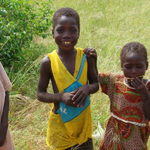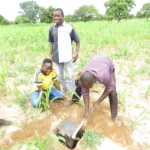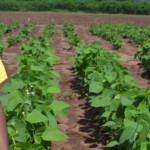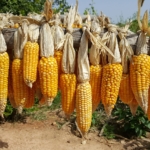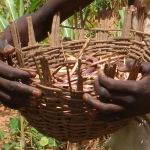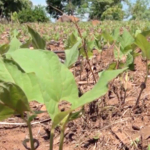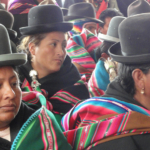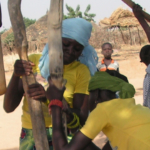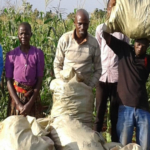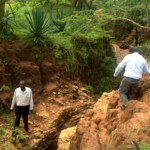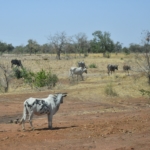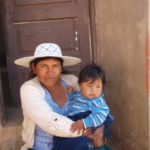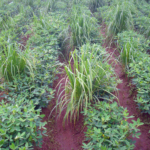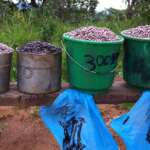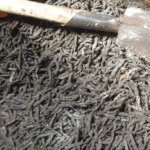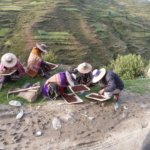The basis of agricultural productivity, soil health is essential for healthy diets and thus for human health. Organic matter is the engine of soil health, so it is also critical to planetary health through carbon sequestration and ecosystem services. A range of factors, including agronomic practices and landscape features, influences soil health.
CRFS strategies related to soil health range from the level of the seed to the landscape, and from farmer-friendly assessment methods to social innovation processes that incentivize and inspire farmers to use them. The various aspects work together through regional communities of practice to build agronomic systems that support the regeneration of soil health.
The CRFS’s work around soils is animated by interconnections between work at the global and local levels. The program’s thematic group on soil health has held several workshops and training events on soil-related tools and assessment methods suited to participatory approaches. Additionally, regions are developing agroecology hubs for projects to come together to share learnings that focus on soil health.
Starting in 2016, the CRFS has funded a cross-cutting grant to develop and promote a soil health toolkit that can be used in field settings to give insight on a range of soil properties. Its ease of use and practicality for farmer situations complement the CRFS’s efforts to support farmer research networks that facilitate farmer-driven experimentation.
As part of the program’s cross-cutting and global efforts, the CRFS supports other international organizations that include soil health in their priorities, such as the Global Alliance for the Future of Food, the AgroEcology Fund, and the FAO’s Agroecology Knowledge Hub. Through these international organizations, the program hopes to influence policy at a global scale and interact with other large-scale actors to create positive impacts on soil health, including its role in mitigating and adapting to the impacts of climate change.
